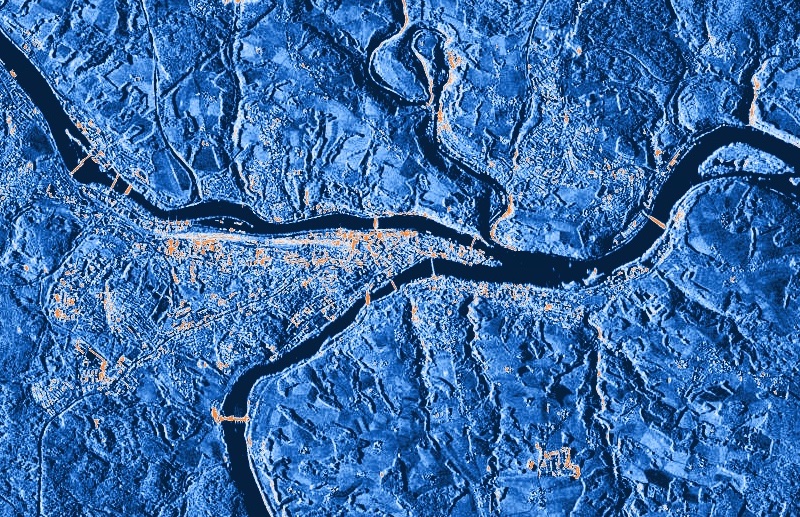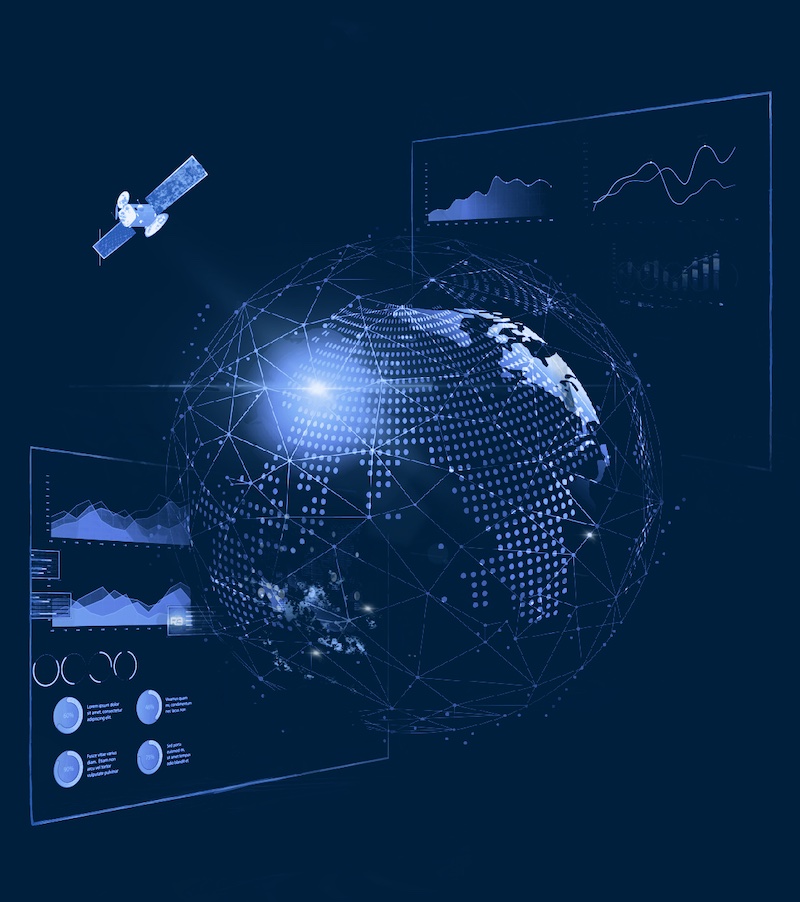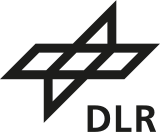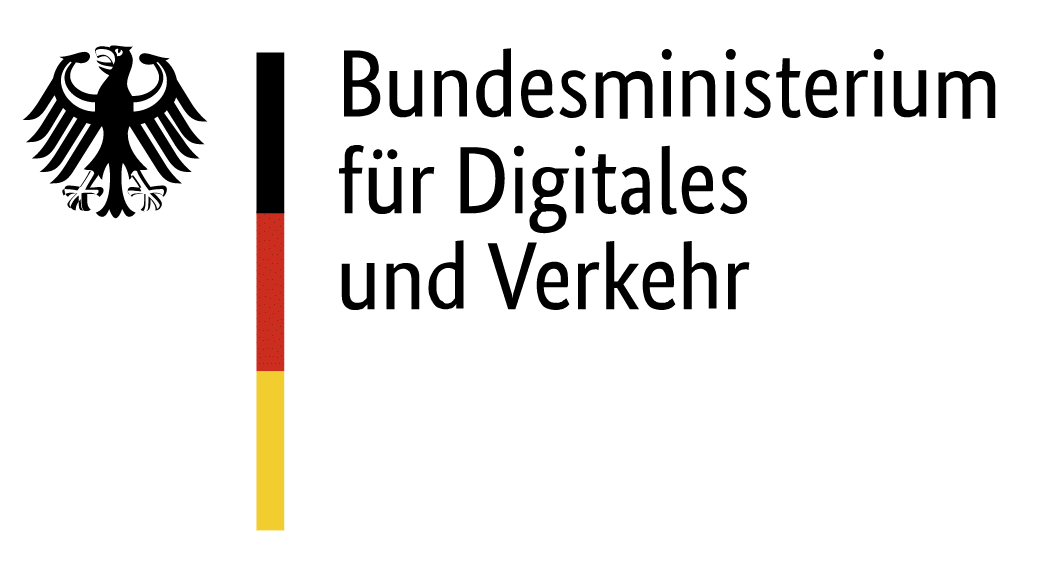Copernicus data and cloud processing for German authorities: CODE-DE
Current information
Project CODE-DE 3 has been launched!
The Earth observation data platform CODE-DE is entering phase 3. This means that public authorities and research institutions can continue to obtain Earth observation data via the platform and process it directly online in the cloud.
Read more here.
